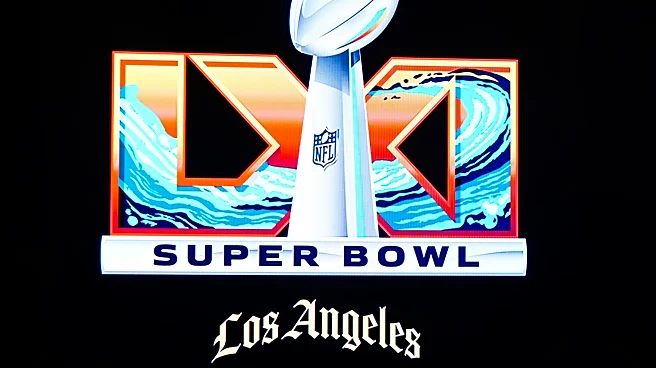Rapid Read • 9 min read
Anthropic, an Amazon-backed AI company, has reached a settlement with a group of authors who accused the company of illegally downloading and copying their books to train its AI system. This settlement marks one of the first resolutions in legal disputes concerning the use of copyrighted material by AI technologies. The lawsuit centered around whether AI companies are protected by the fair use doctrine, which allows creators to build upon copyrighted works without a license. A judge previously ruled that Anthropic was on solid legal ground for training purposes, as long as the company purchased the books. However, Anthropic faced potential liability for initially downloading seven million books from the internet without permission. The settlement avoids a trial that could have resulted in substantial damages for willful copyright infringement.
AD
The settlement is significant as it addresses the growing legal challenges surrounding AI's use of copyrighted material. It highlights the tension between technological advancement and intellectual property rights, a critical issue as AI systems become more prevalent in various industries. The outcome of this case could influence future legal standards and practices for AI companies, potentially affecting how they access and utilize copyrighted content. Authors and content creators stand to gain from clearer guidelines and protections, while AI companies may need to navigate more stringent legal frameworks to avoid infringement claims. This case underscores the need for balancing innovation with respect for intellectual property rights.
With the settlement, Anthropic avoids a public trial that could have set a precedent for similar cases involving AI companies. The details of the settlement are expected to be announced in the coming weeks, which may provide further insights into how AI companies can legally use copyrighted materials. Other AI companies facing similar lawsuits, such as Meta, may look to this case for guidance on resolving their legal challenges. The industry may see increased scrutiny and potential regulatory actions to ensure compliance with intellectual property laws, impacting how AI technologies are developed and deployed.
The case raises broader ethical and legal questions about the transformative nature of AI and its impact on traditional industries. As AI systems become capable of creating new works, the definition of fair use and copyright infringement may need to evolve. This could lead to long-term shifts in how intellectual property is protected and monetized, affecting authors, publishers, and AI developers. The settlement may also prompt discussions on the ethical use of AI in creative fields, emphasizing the need for responsible innovation that respects existing legal frameworks.
AD
More Stories You Might Enjoy










